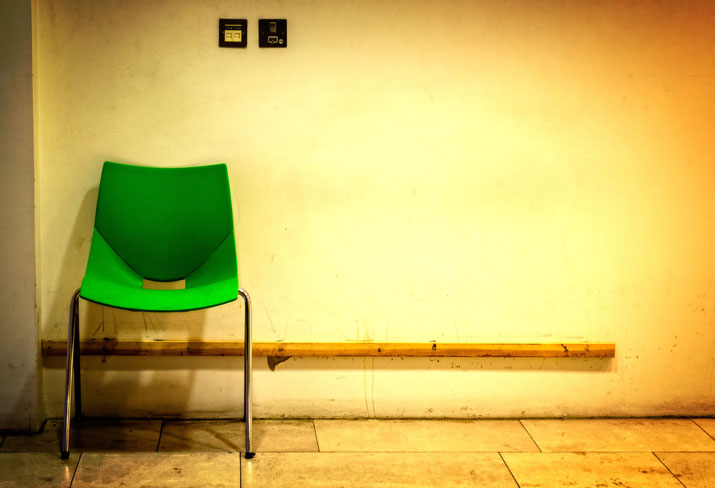After 20 years of collective research and planning, a team of experts at Western University and the University of British Columbia have released an action kit of resources for health care providers in order to help combat substance use stigma.

With the hopes of improving care for the future, the EQUIP Equity Action Kit is compiled of e-modules, organizational planning tools, and videos in changing stigmatizing practices, language, and services, particularly among marginalized and Indigenous communities.
“The action kit is actually the culmination of a number of projects over decades so, in some ways, it’s sort of the ideal approach to doing research that will ultimately have impact,” said Nadine Wathen, professor at the Arthur Labatt Family School of Nursing at Western and co-lead on the project.
“The Action Kit encourages practitioners and organizational leaders to engage people with experiences of stigma and poor care in a way that ensures their voices are heard and prioritized.”

Researchers said that the new modules in the EQUIP Equity Action Kit are “self-directed” learning experiences for practitioners with “larger strategically focused resources.”
Wathen said that the goal of this project was to “create something that would help guide people along.”
“By people, I mean leaders and also direct service staff because it’s got to be both organizational, individual, and ideally system level where these changes happen,” she explained.
“It’s there to help shift their care in ways that will make people feel respected, feel that they are important, and that there’s compassion in those character actions.”
Colleen Varcoe, professor emeritus of nursing at UBC, said in a media release that stigma and discrimination make it very hard for people to seek care, especially for those who are assumed to have a history of substance use.
“They expect they’ll be judged, disrespected or denied care because they are assumed to be ‘faking it’ or to be looking for drugs,” she said.
“A key goal is to help organizations, staff and providers to deliver care that is non-judgmental, and that will encourage people to seek help when they need it, not avoid seeking help,” said project co-lead Annette Browne, a professor of nursing at UBC.
Researchers with the EQUIP Equity Action Kit also worked alongside the London InterCommunity Health Centre (LIHC) who experts said provided a “deep expertise in health equity and substance use health.”
“Having the opportunity to contribute to the EQUIP Equity Action Kit demonstrates how equity-oriented care is an ever-evolving process,” said Greg Nash, director of program development and complex urban health at LIHC. “Our team is hopeful that our experience working in substance use health can help others build their skillset and feel more confident in working with this marginalized population by delivering high quality, trauma — and violence-informed care.”
Additionally, aside from being a co-lead on the overall project, Wathen led the development of Western’s Trauma and Violence Informed Care Foundations e-learning module.
According to the media release, the module is currently being adapted for use in the University’s nursing curricula, which has inspired related projects focused on cancer screening, public health nurse home visits, gender-based violence services, as well as teacher education.
Wathen hopes the EQUIP Equity Action Kit will be seen as transformative and cost effective, and will ensure all incoming patients receive equitable heath care and service practices.
“That’s sort of the fundamental premise of equity versus equality,” she said.
“Equality is everybody gets the same, equity is giving people what they need to get to the same outcomes. So that’s sort of a key shift that people need to have, and we want our care providers to be safe in those interactions as well and to feel good about the work that they do.”
“It’s just everybody feeling good about the interaction at the end of the day,” she added.








Comments